According to Forbes (2024), over 43% of first-time marriages end in divorce. The numbers climb even higher for subsequent marriages, with 60% of second marriages, 73% of third marriages, and an astonishing 93% of fourth marriages ending in divorce.
These statistics reveal a critical truth: divorce is a common experience, not an anomaly, and it can happen to anyone.
Yet, despite knowing these stats, why do we often see our divorce as a personal failure? Our inner critic tends to be harsh, constantly reminding us of our shortcomings. We generate between 10,000 and 70,000 thoughts daily; unfortunately, many are negative.
Our minds often keep us trapped in the past or anxious about the future, making it challenging to stay present. Even as I write this, I’m already thinking about what to cook for dinner and how to finish this blog before the school run.
Being present is challenging, especially when navigating something as life-altering as a divorce.
Divorce can feel overwhelming, and it’s natural to want to avoid the pain. Some of us might try to escape it, others might dwell in it, and some might approach it with a clear plan.
We’re all different, but we all have a choice.
However, when our minds are filled with problems, there’s little room for solutions. The constant overthinking can generate negative thoughts and emotions, but the good news is that you can take control of them by embracing self-reflection.
How to Turn Pain into Personal Growth
If you try to avoid pain, it will eventually catch up with you. Have you ever heard the saying, “If you can’t go around it, go through it”? This is especially true for divorce.
Divorce is often viewed as an obstacle, a problem to be solved, but this perspective can close you off to possibilities and learning.
If you’re feeling isolated, remember that you’re not alone. Divorce is part of many people’s journeys and can be an opportunity for growth.
Here’s how:
Embrace Self-Reflection
Divorce is a unique opportunity to pause and reflect on your life. What led to the breakdown of your marriage? Were there patterns of behaviour or communication issues that contributed? By identifying these factors, you can gain valuable insights into yourself and your past choices.
Understand Your Role
While it’s easy to blame your ex-partner, it’s essential to recognize your role in the relationship dynamics. This doesn’t mean taking on all the guilt, but understanding your contributions can help you avoid repeating the same mistakes in future relationships.
Set Boundaries
Divorce often highlights the importance of emotional, financial, or physical boundaries. Now is the time to reassess what you will and won’t tolerate. Setting clear boundaries with your ex, especially if you’re co-parenting, is crucial for your well-being.
Prioritise Self-Care
Divorce can be emotionally and physically draining, so it’s essential to prioritise your health and well-being. Engage in activities that nourish your body and soul, whether exercise, meditation, or spending time with supportive friends and family.
Focus on Personal Growth
Divorce can be a catalyst for personal growth. Use this time to explore new interests, hobbies, or career paths. What have you always wanted to do but felt held back from pursuing? Now is the time to invest in yourself and your dreams.
Seek Support
You don’t have to go through this journey alone. Surround yourself with a robust support system—whether friends, family, a coach or a therapist. Connecting with others who have experienced divorce can also provide comfort and perspective.
Plan for the Future
Use this experience to plan for a brighter future. What lessons have you learned to carry into your next chapter? Whether you remarry or stay single, the wisdom gained from your divorce can guide you toward healthier relationships and a more fulfilling life.
Instead of framing your divorce as a “mistake” or “failure,” consider it a chapter in your life—a learning experience. As Henry Ford once said, “The only real mistake is the one from which we learn nothing.”

